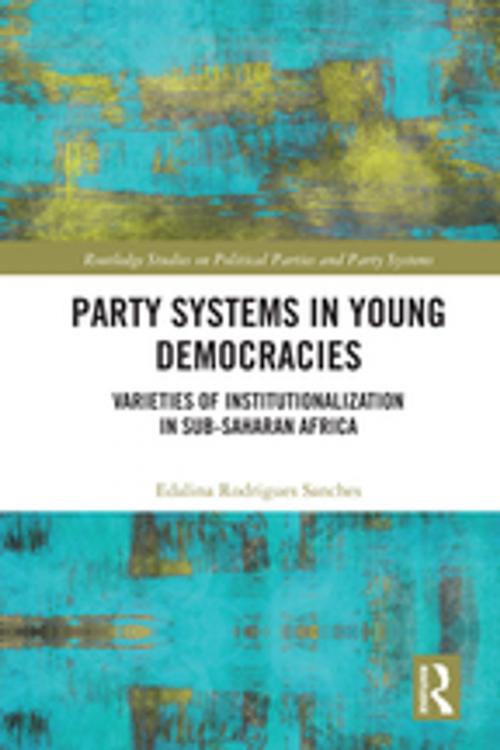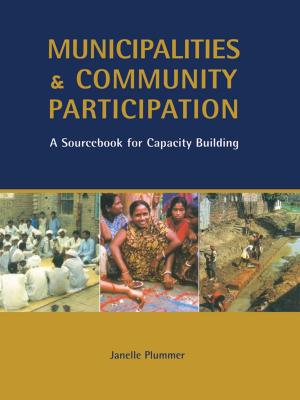Party Systems in Young Democracies
Varieties of institutionalization in Sub-Saharan Africa
Nonfiction, Social & Cultural Studies, Political Science| Author: | Edalina Rodrigues Sanches | ISBN: | 9781351778800 |
| Publisher: | Taylor and Francis | Publication: | January 3, 2018 |
| Imprint: | Routledge | Language: | English |
| Author: | Edalina Rodrigues Sanches |
| ISBN: | 9781351778800 |
| Publisher: | Taylor and Francis |
| Publication: | January 3, 2018 |
| Imprint: | Routledge |
| Language: | English |
Institutionalization has become a paramount concept to compare party systems in regions spanned by the third wave of democratization.
Based on raw electoral data from 30 sub-Saharan African countries observed between 1966 and 2016, this text explores the causes and mechanisms of Party System Institutionalization (PSI) and its relationship with the processes of mobilization and democratization. Posing key theoretical and empirical questions in cross-regional comparison, it examines and reveals the defining properties of PSI, how they should be measured and under what conditions it varies. In doing so, it contributes with a new explanatory framework of party system development – that gives primacy to modes of transition, political institutions and party-citizen linkages – to further cross-regional comparisons among third-wave party systems.
This text will be of key interest to scholars and students of democratization, elections, and African politics, and more broadly to comparative politics.
Institutionalization has become a paramount concept to compare party systems in regions spanned by the third wave of democratization.
Based on raw electoral data from 30 sub-Saharan African countries observed between 1966 and 2016, this text explores the causes and mechanisms of Party System Institutionalization (PSI) and its relationship with the processes of mobilization and democratization. Posing key theoretical and empirical questions in cross-regional comparison, it examines and reveals the defining properties of PSI, how they should be measured and under what conditions it varies. In doing so, it contributes with a new explanatory framework of party system development – that gives primacy to modes of transition, political institutions and party-citizen linkages – to further cross-regional comparisons among third-wave party systems.
This text will be of key interest to scholars and students of democratization, elections, and African politics, and more broadly to comparative politics.















